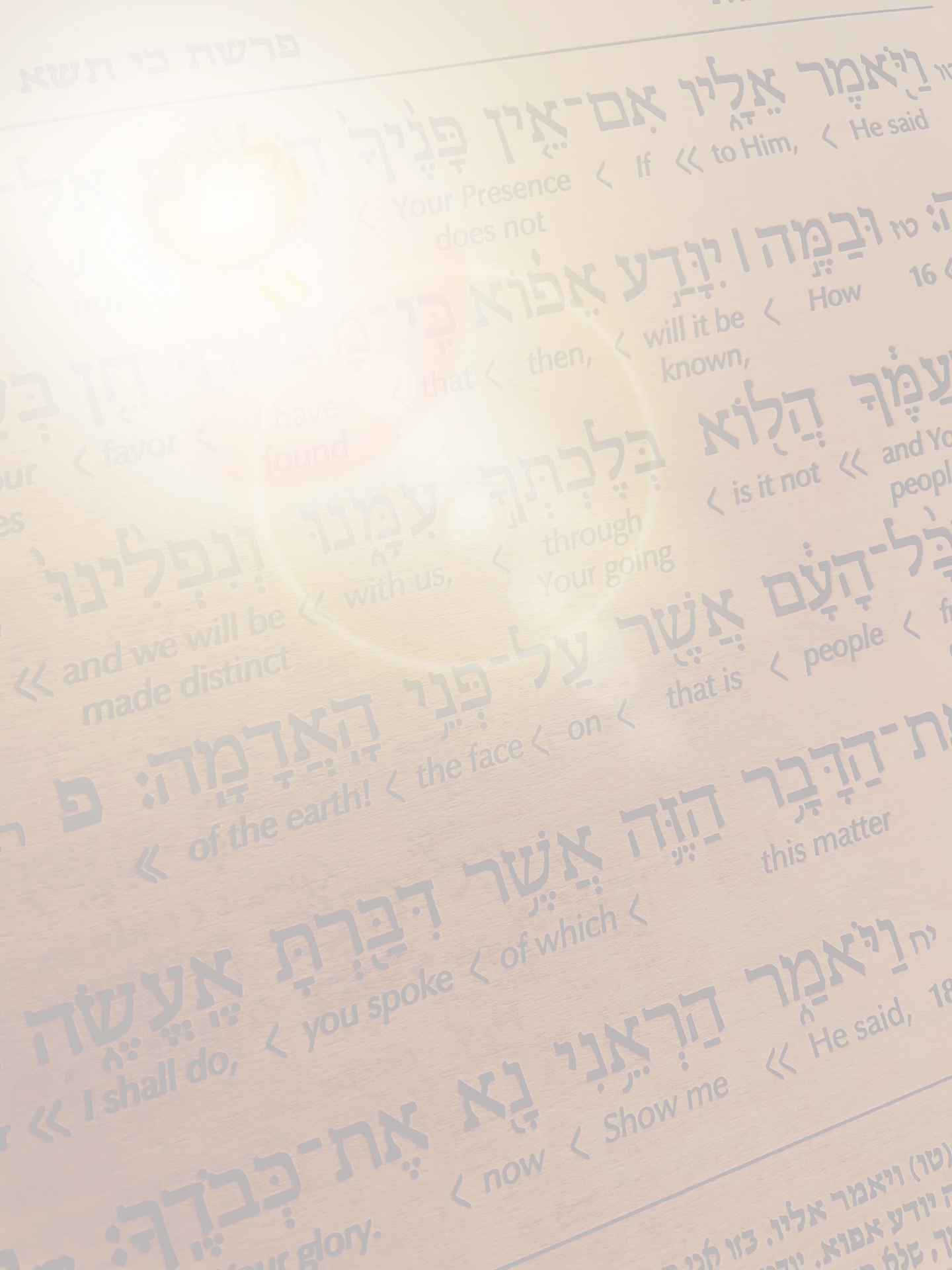

About the Course
CORE COURSE
First Semester
Weeks 1–4: Advanced Literary Genres and Composition
Topics:
Exploration of various literary genres (fiction, non-fiction, poetry, drama) through the lens of Torah values.
Focus on advanced grammar, syntax, and writing style development.
Analyze Jewish literature that exemplifies these genres.
Torah Integration: Understanding how Jewish literature approaches different genres and how Torah values influence composition.
Activities:
Write essays that integrate Jewish themes within various genres.
Group discussions and presentations on how Torah insights are reflected in different literary genres.
Weeks 5–8: Classical Literature and Torah Context
Topics:
Study classical literature from authors such as Homer, Sophocles, and Shakespeare.
Examine historical and cultural contexts of these classical texts.
Compare classical historical perspectives with Jewish historical events and traditions.
Torah Integration: Analyze classical texts through Jewish ethical and historical lenses, comparing them to Torah stories and values.
Activities:
Write contextual analysis essays that incorporate Torah perspectives on the moral or ethical dilemmas presented in classical works.
Engage in class discussions on how classical literature parallels or contrasts with Torah narratives.
Weeks 9–12: Contemporary Literature and Jewish Themes
Topics:
Explore contemporary literature that focuses on Jewish history, folklore, and cultural identity.
Analyze modern issues such as morality, justice, and faith through the lens of contemporary Jewish writings.
Torah Integration: Discuss how contemporary issues and dilemmas are approached in light of Torah teachings and Jewish tradition.
Activities:
Write analytical essays that reflect Torah values in response to themes found in contemporary literature.
Engage in creative writing projects inspired by Jewish stories, history, or folklore.
Weeks 13–16: American Literature and Torah Values
Topics:
Study key works of American literature, with a focus on understanding how themes such as freedom, honesty, and responsibility are presented.
Explore Jewish values, such as integrity and ethical behavior, and how these values can be found in or contrasted with American literature.
Torah Integration: Discuss ethical themes in American literature and relate them to Torah values such as honesty, justice, and personal responsibility.
Activities:
Engage in oral presentations and debates on the moral and ethical lessons in American literature, incorporating Torah-based arguments.
Write essays reflecting on Jewish perspectives of key American literary themes.
Week 17: Midterm Exam
Content: Covers material from Weeks 1-16.
Format: Multiple-choice questions, short answer questions, and essay questions that integrate Torah perspectives and literary analysis.
Weeks 18–19: Review and End-of-Semester Assignments
Topics: Review key concepts, texts, and literary genres studied throughout the first semester.
Assignments: Complete end-of-semester projects and reflective essays that focus on Torah values in literature and writing.
Second Semester
Weeks 20–23: World Drama and Torah Insights
Topics:
Study significant plays from world literature, focusing on dramatic structure, dialogue, and conflict.
Analyze plays such as those by Shakespeare, Molière, and others.
Torah Integration: Discuss the ethical and moral dilemmas in drama, comparing them to the ethical lessons found in Torah narratives (e.g., conflict resolution, justice, mercy).
Activities:
Write and perform short plays that incorporate Torah values and ethical teachings.
Compare a Torah-based dramatic narrative to a secular drama, focusing on character and moral dilemmas.
Weeks 24–27: Autobiographies and Personal Narratives
Topics:
Study autobiographies and personal narratives, focusing on the experiences of Jewish authors and historical figures.
Explore how personal stories reflect Jewish identity and cultural heritage.
Torah Integration: Analyze the role of personal narratives in Jewish history, such as the autobiographies of Jewish leaders or Holocaust survivors.
Activities:
Write a personal narrative that reflects on Jewish identity, Torah values, and personal growth.
Comparative study of a Jewish autobiography and a secular narrative, focusing on themes of resilience and faith.
Weeks 28–31: Advanced Research and Torah Synthesis
Topics:
Develop advanced research skills, focusing on synthesizing information from multiple sources.
Emphasis on critical thinking and integrating Jewish texts (Torah, Talmud, Midrash) into academic research.
Torah Integration: Incorporate Jewish perspectives on ethical issues or historical events into research projects.
Activities:
Write an extensive research paper that integrates both secular sources and Jewish texts, analyzing a contemporary issue or historical event from a Torah perspective.
Present research findings, focusing on how Torah values shape perspectives on academic topics.
Weeks 32–33: Language Evolution, Ethics, and Torah Communication
Topics:
Study the evolution of language, focusing on how ethical considerations impact language use.
Explore public speaking and communication from both a secular and Torah-based perspective.
Torah Integration: Discuss Jewish teachings on the ethics of speech, such as Lashon Hara (forbidden speech), and how they relate to modern communication.
Activities:
Deliver presentations on the power of language in society, incorporating Torah values on communication and ethics.
Analyze speeches from Jewish and secular sources, focusing on the impact of ethical communication.
Weeks 34–35: Capstone Project
Topics: Synthesize key concepts and texts studied throughout the course, integrating Torah perspectives with literary analysis and ethical considerations.
Assignments:
Complete a comprehensive capstone project that demonstrates the integration of Torah values into literary analysis and personal reflection.
The project should include a written report, a creative component (e.g., a short story, poem, or play), and an oral presentation.
Weeks 36–37: Review and Final Exam Preparation
Topics: Review key concepts and texts studied throughout the second semester.
Assignments: Prepare for the final exam through review sessions, practice exams, and discussions that reinforce learning and Torah perspectives.
Week 38: Final Exam
Content: Covers material from Weeks 20-37.
Format: Combination of multiple-choice questions, short answer questions, and essay questions that integrate Torah insights into literary and rhetorical analysis.


